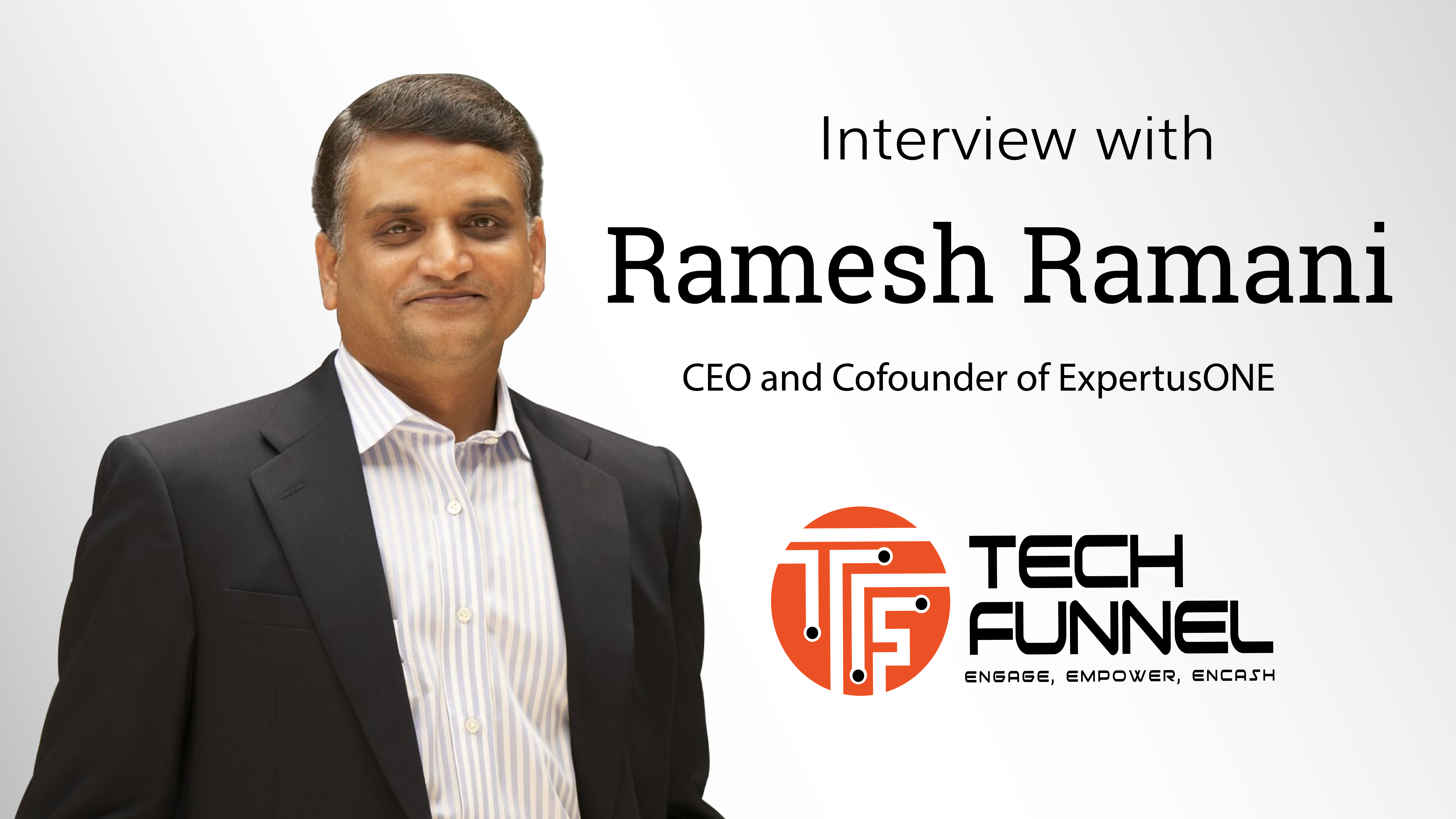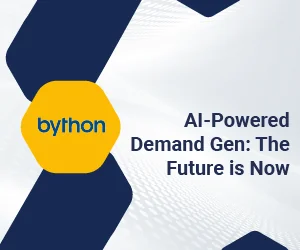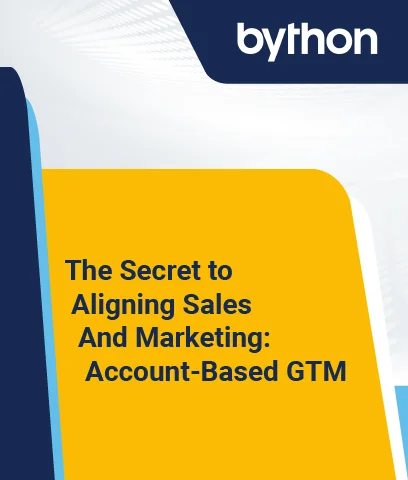Learning is a constant process for everyone. This becomes especially true for employees to help them stay current on trends within their industry and adapt to new working styles as well as new technologies and tools that come along. TechFunnel discusses the importance of skill development and learning in a corporate environment with Ramesh Ramani, co-founder, and CEO of ExpertusONE.
- TF: Learning and business operations are often seen as one step behind each other rather than simultaneous processes. How do you think learning should be integrated into the everyday work environment?
RR: Learning and business operations are one step behind each other because the current definition of learning is constrained to formal learning only. In reality, there are 3 types of learning content needed in the work environment: compliance, product training, and certifications, employee development. You need integrated technologies that provide consistent and personalized access to such learning content during the everyday course of business operations.
- TF: Many corporate leaders identify digital transformation as one of the top improvements for skill development. How can organizations focus on deep learning and growing their employees?
RR: Deep learning = professional development, it is more than just filling in a skill or knowledge gap with ad hoc training courses. Rather it is about creating a space for learning and mastery that enables employees to build their careers.
Digital transformation is about enabling access to intelligently curated resources that employees can explore based on their professional interests. In which case, enablement requires corporate leaders to identify the gaps in the employee experience and use the right technology to bridge them.
- TF: Can digital learning offer efficient results for both employees and employers in the long term?
RR: Yes, the distance between the skills gap and skill development can be shortened dramatically in a fluid environment where learning content is easily identified, updated, and enhanced in line with real-time demand. Digital learning also breaks the barriers and enables learning across employees, customers, and partner populations, which can have a clear revenue impact for customer-facing teams.
- TF: What are some of the barriers to training adoption that you typically see among corporations?
RR: 80% of the global workforce (2.7B workers) does not sit behind a desk to do their jobs. Employees in sectors such as healthcare, agriculture, construction, retail, manufacturing, and transportation are largely deskless. However, most IT infrastructures are not designed with deskless workers in mind, resulting in clunky technology solutions, outdated software, limited internet access on worksites, and restrictive BYOD policies. All of those are contributing factors when it comes to poor training adoption.
- TF: What are some of the benefits that digital learning could have in the workplace?
RR: As enterprises are going through digital transformation, our vision is to complete the digital experience in learning. This means enterprise learning is ubiquitous, always-on, and accessible across all devices, and content is served in enterprise workspaces that users are already on. It is learner-led so employees have and can exercise choice on what they want to learn.
The biggest benefit is what we have seen during the pandemic: digital learning-enabled businesses continue as normal even as classroom training shifted online. Digital learning is here to stay and because of that, technology is removing more and more of the barriers, therefore democratizing skill development.
Trends towards a more distributed workforce necessitate a greater need for digital learning to bring people and processes together.
- TF: How does ExpertusONE make the process of cloud-based learning more accessible?
RR: ExpertusONE is built with the foundational philosophy that today’s problems cannot be solved with yesterday’s approaches. And the rapidity of change over the next decade should be at the core of LMS architecture and functional design—agile, flexible, adaptable, and scalable.
Following this vision, we have built extensible apps for iOS and Android, as well as workspaces including Slack, Salesforce, and MS Teams. As we expand on the functionality of these apps, we will also be focusing on AI, Machine learning-based predictive recommendations, and analytics
- TF: In what ways have you seen employers helping employees to leverage individualized skill sets to move up the career ladder?
RR: Gartner Report shows 68% of HR leaders prioritize building critical skills and capabilities in 2021. One of our customers has been using LinkedIn Learning catalogue to enable employee development. Another customer in the finance sector, identify high-potential employees from their analyst group and puts them on a leadership track where they have access to specialized content.
- TF: In the future, what HR processes do you see taking a leap to the cloud apart from learning and onboarding?
RR: Performance appraisal in the next context of performance support and how that needs not only to shift to the cloud but also to mature. Work happens on Trello, Asana, Jira – but none of the progress and support that happens there is reflected on HR processes.
Learning and performance have always been intertwined. However, the way that talent management and learning systems communicate has been limited by the data that is exchanged. Today’s technology allows for more immediate and dynamic data exchange between these two modules which has the potential to dramatically improve visibility over the impact and consequences of learning on talent performance. The biggest leap will therefore be to accelerate that feedback loop and drive action.







